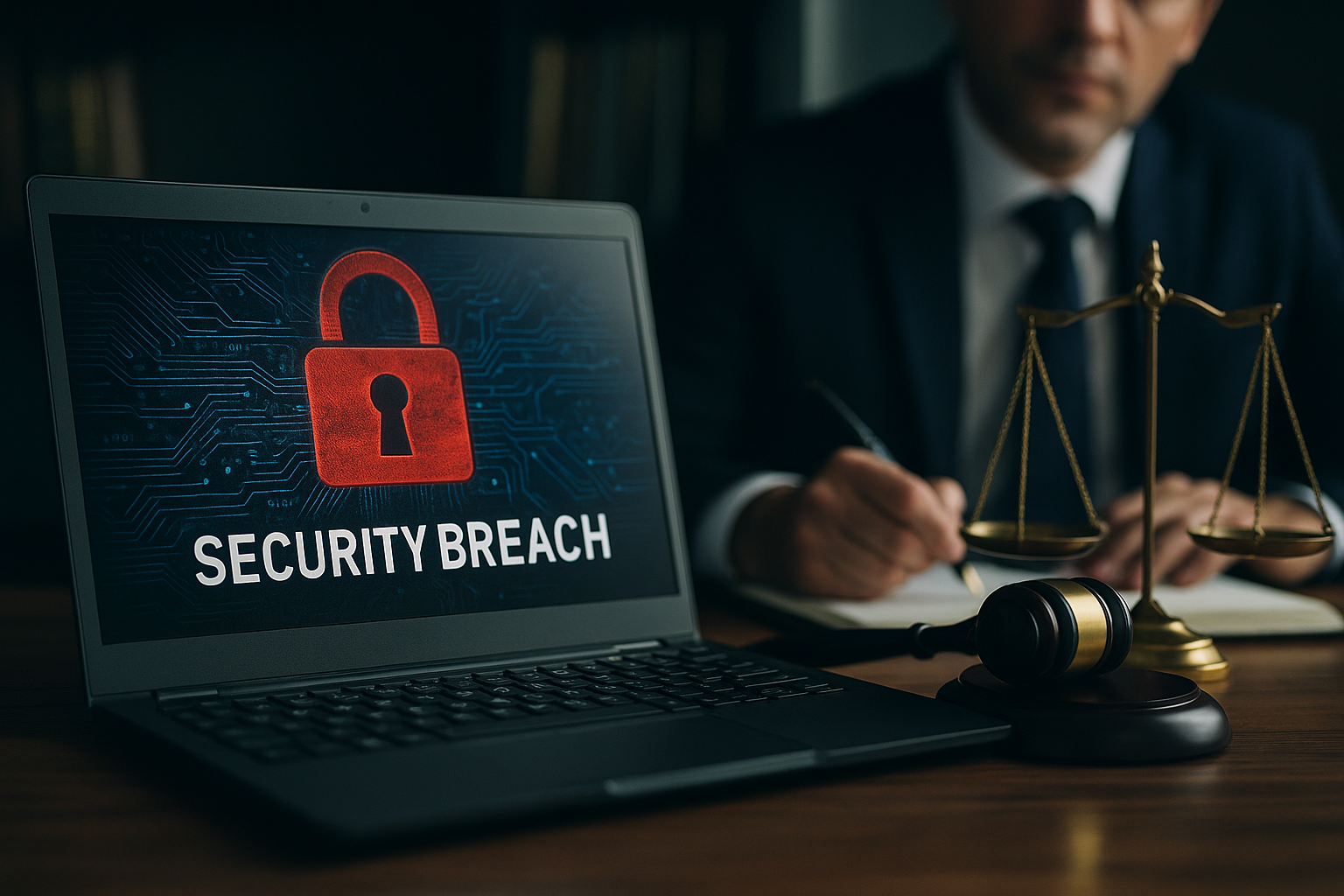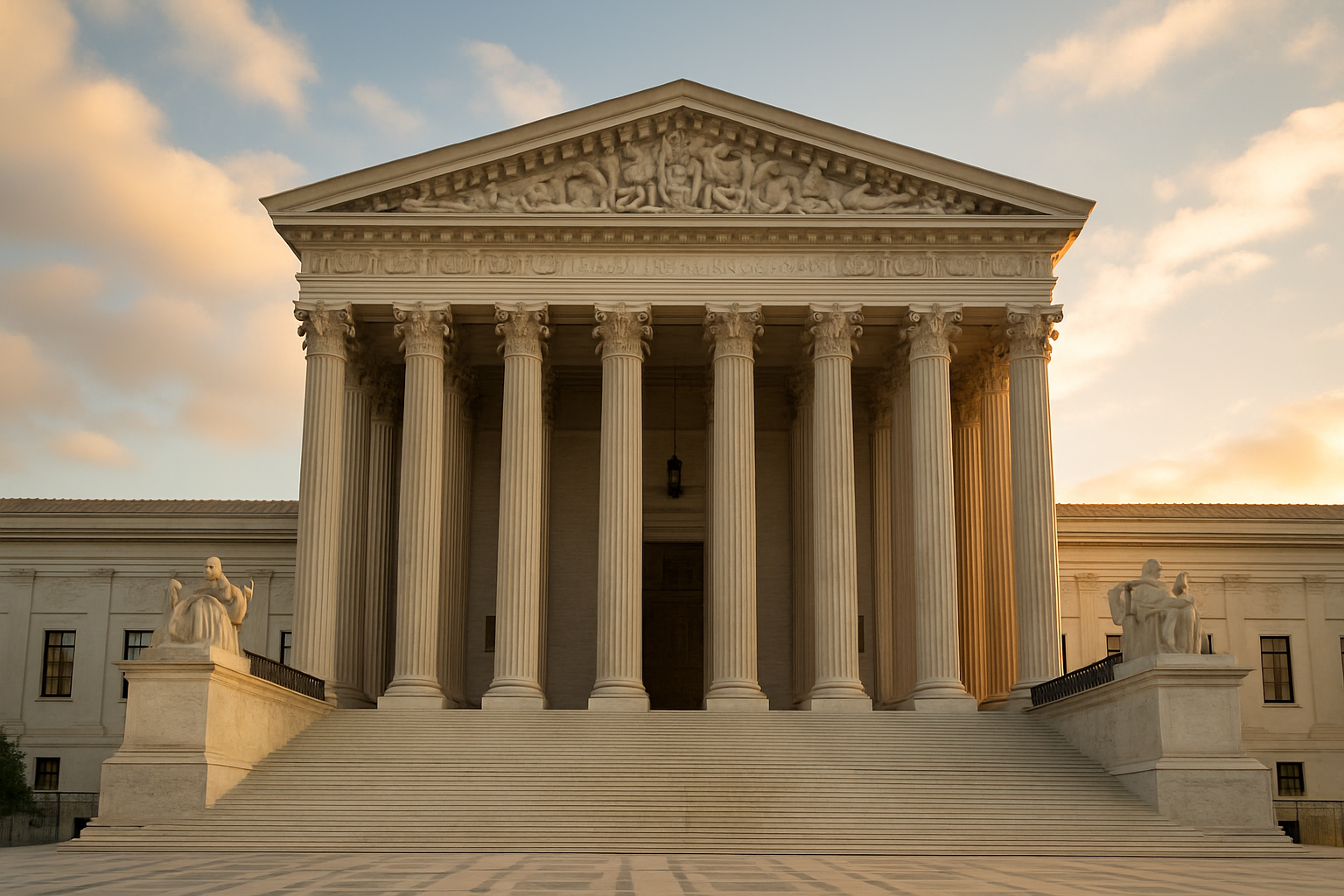Continuous Treatment Doctrine Extends Filing Deadlines in Medical Malpractice Cases
In medical malpractice cases, timing often determines whether justice is possible. Every state sets a deadline, known as the statute of limitations, that limits how long a patient has to file a claim. But what happens when a doctor continues treating the same condition that caused the injury? That’s where the continuous treatment doctrine comes in.
This legal principle allows patients to file a lawsuit later than they otherwise could, as long as treatment for the same issue was ongoing. The logic is simple: patients should not have to disrupt their medical care to preserve their legal rights. Courts recognize that a patient may trust their doctor to correct an earlier mistake, only realizing the harm after treatment ends.
Why does this matter now? In 2025, courts are reexamining how the continuous treatment doctrine applies in modern healthcare. With larger hospital systems and team-based care, it’s not always clear when treatment “ends.” Does the clock stop when a patient sees a different physician in the same practice? Or when the hospital continues follow-up visits after a surgery gone wrong?
Recent rulings have started expanding the doctrine to include ongoing care by affiliated specialists. That means if a patient is referred within the same healthcare network for a complication caused by the original treatment, the time limit to file a claim may still be paused. This shift helps protect patients who are navigating complex systems rather than individual doctors.
However, the doctrine is not unlimited. It only applies when the later treatment is part of the same medical issue. For example, if a doctor misdiagnosed a tumor and continued treating the patient for unrelated conditions, the clock on the malpractice claim would not stop. The courts look closely at whether the ongoing care relates directly to the initial error.
What does this mean for patients who suspect malpractice? The first step is documentation. Keep detailed records of every visit, referral, and test related to your condition. If you suspect something went wrong but are still being treated, consult a malpractice attorney before ending care. Timing matters, and once the relationship with the doctor or facility ends, the statute of limitations usually starts running again.
For medical providers, the doctrine underscores the importance of transparency and accurate recordkeeping. Continued treatment without acknowledging or correcting an error can extend liability exposure. When doctors or hospitals fail to communicate effectively, they risk not only losing patient trust but also facing claims years later.
The continuous treatment doctrine reflects a balance between fairness and accountability. It acknowledges that medicine is a process and that patients rely on doctors to fix problems, not create new ones. Courts increasingly understand that patients should not be punished for showing that trust.
In the years ahead, this doctrine will likely evolve further. With telemedicine, group practices, and integrated care systems expanding, courts may need to clarify what counts as “continuous treatment.” For patients, it’s another reason to stay informed and take action before time runs out.
The bottom line is simple. The clock may not always start when the mistake happens. Under the continuous treatment doctrine, it starts when the care truly ends.











